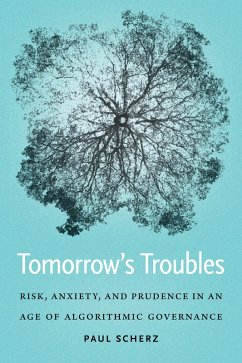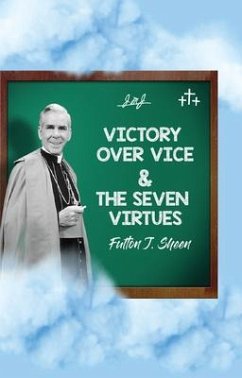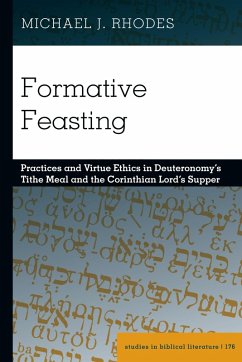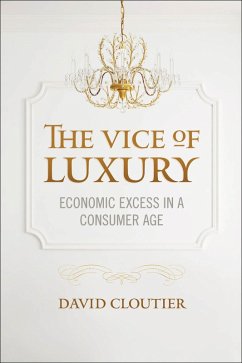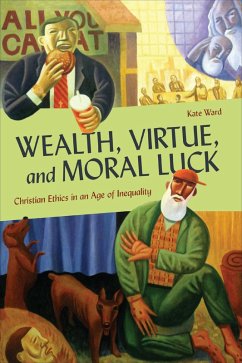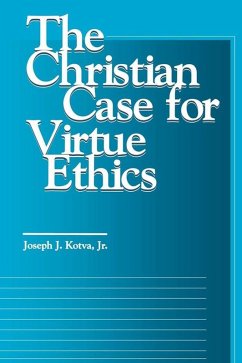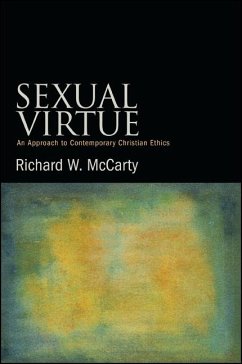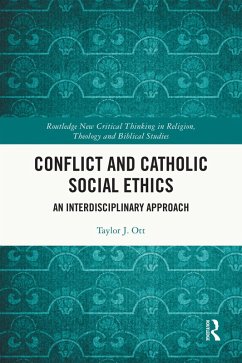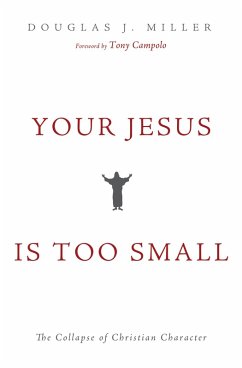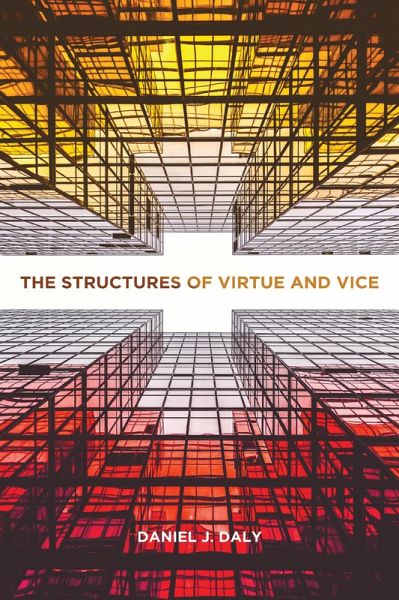
The Structures of Virtue and Vice (eBook, ePUB)

PAYBACK Punkte
17 °P sammeln!
Daly uses the lens of virtue and vice to reimagine a Catholic ethics that can better scrutinize the social forces that both affect our moral character and contribute to human well-being or human suffering, creating a framework to respond virtuously to problems caused by global social systems, from poverty to climate change.
Dieser Download kann aus rechtlichen Gründen nur mit Rechnungsadresse in A, D ausgeliefert werden.




